7 Interesting Facts to Know About Electric Vehicle Charging Stations
The electric vehicle is poised to take over the private and commercial vehicle markets over the next two decades. In fact, according to Bloomberg, electric vehicles are projected to account for two-thirds of new car sales by 2040. All of those EVs will require electric vehicle charging stations to keep them moving. If you're wondering how you might go about finding and using charging stations in the near future, here are seven things that you should know.
1. You Can Charge at Home
If you own your home, you can have one or more outlets modified to enable EV charging. You also might pay to install an entirely dedicated charging station at your home that'll cover the vast majority of your charging needs. Ultimately, a home charging system is the best way to ensure you can charge your vehicle and not have to wait for strangers to finish charging their vehicles at other locations. A home charging station can be a good investment to offset your future transportation costs.
2. Apps Can Show Existing Charging Stations
When you're headed on the road, you likely want to know where you can charge your EV. Fortunately, it can be as simple as downloading and installing a free app to locate nearby electric vehicle charging stations along the path you're planning to take. You'll be able to plan your trip in advance as well as make changes on the fly.
3. Most Charging Stations Charge Fees
Just like gasoline and diesel fuel are not free, neither are most electric vehicle charging stations. Some charge by the minute while charging. Others charge by the kilowatt or other standard unit of measurement. Free electric vehicle charging stations do exist, like at many employment locations that offer them as incentives for workers. You also might find a hotel that offers free charging for guests who are staying overnight, but most charging stations will require you to pay a fee to top off your battery.
4. Most Car Dealerships Offer Free Onsite Charging
When buying an electric vehicle from a dealership, it's wise to ask about the availability of electric vehicle charging stations at that same dealership. Virtually all car dealerships that sell EVs will have charging stations for them so that they can keep them charged. When you buy an EV from a dealership, ask if they offer free charging for any period of time.
5. EVs Charging Costs Are Low
Driving 100 miles in most vehicles would require three gallons or more of gas to cover that distance. According to Kelley Blue Book, an EV charge would cover that same distance for $5, which is significantly less than the cost of fuel. As such, driving an EV nets significant savings in energy costs while eliminating harmful vehicle emissions.
6. Larger Batteries Take Longer to Charge
It shouldn't surprise you to learn that the bigger the EV battery, the longer it'll take to charge it. It's no different from requiring more fuel to fill a larger gas tank on a traditional vehicle that runs on fuel. The amount of time that it takes to fully charge an EV battery will depend on the type of charging system and the battery in your vehicle. Knowing the size of your battery and its average charging time will help you to more accurately determine how long it'll take to charge it and the fee to do so.
7. Electric Vehicle Charging Stations Often Are Unattended
A traditional filling station typically has at least one and usually more people on staff who can keep an eye on things and help to ensure everything is going well. An EV charging station often has no attendant, so there might not be anyone available to help with any problems. Until charging stations are more common and the technology is more refined, it'll be fairly common to encounter charging stations that aren't working, so it helps to know where alternative locations are in case you find one that's faulty.
You can learn more about the current state of
electric vehicle charging stations by giving us a call today. Our friendly, experienced staff at Northwind Solar would be happy to answer any questions you have. If you're looking for high-performance solar power and battery storage systems for your home or business, we can help!
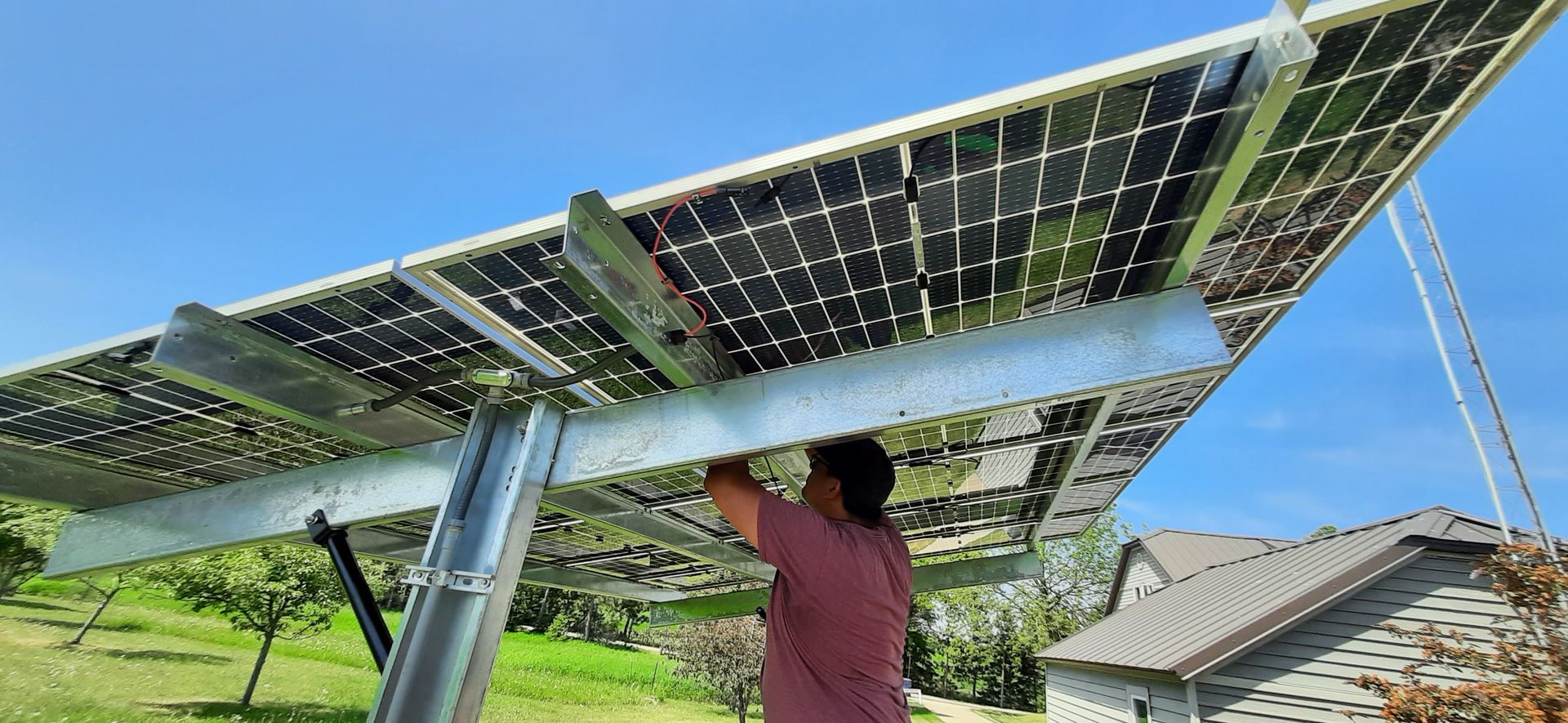


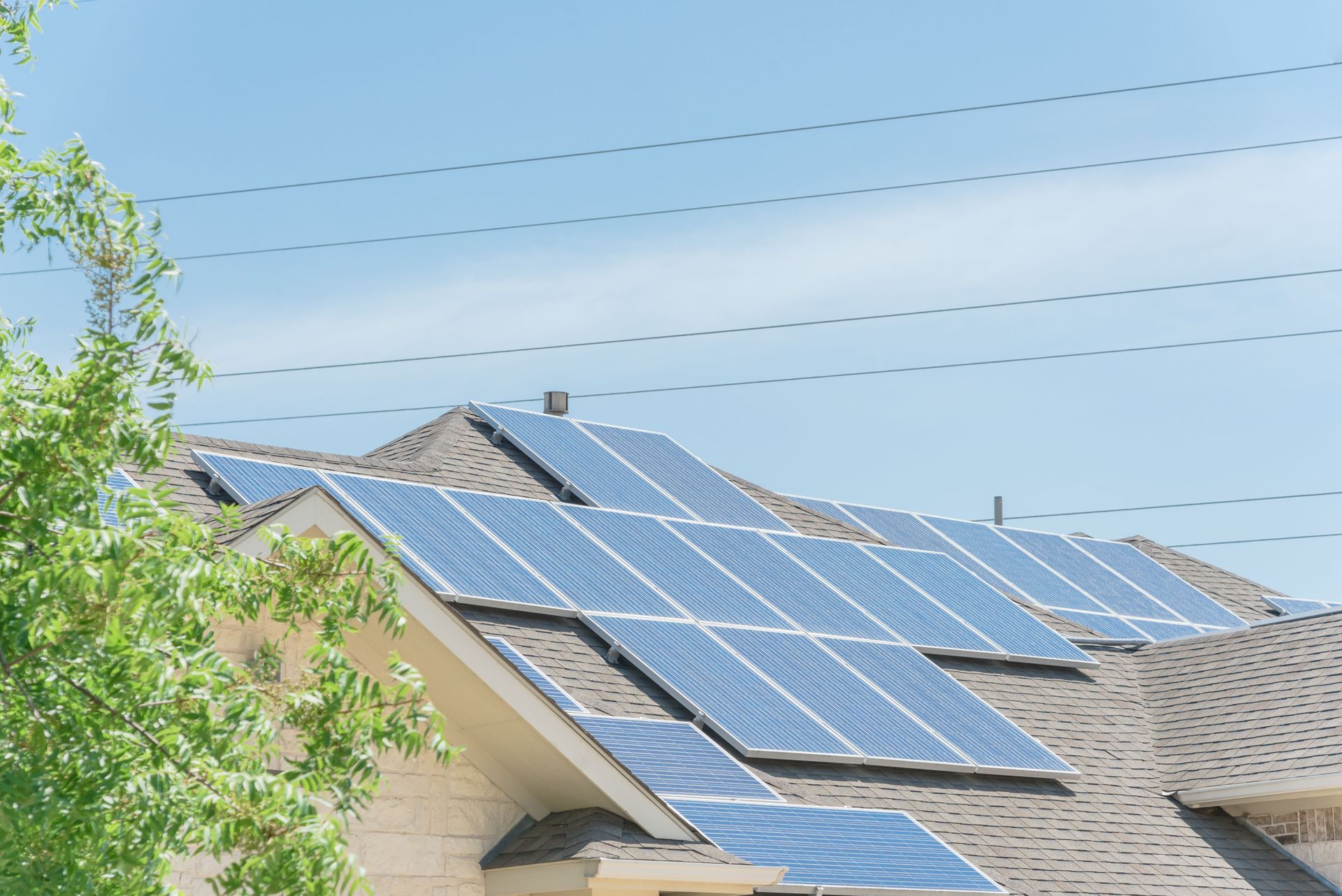
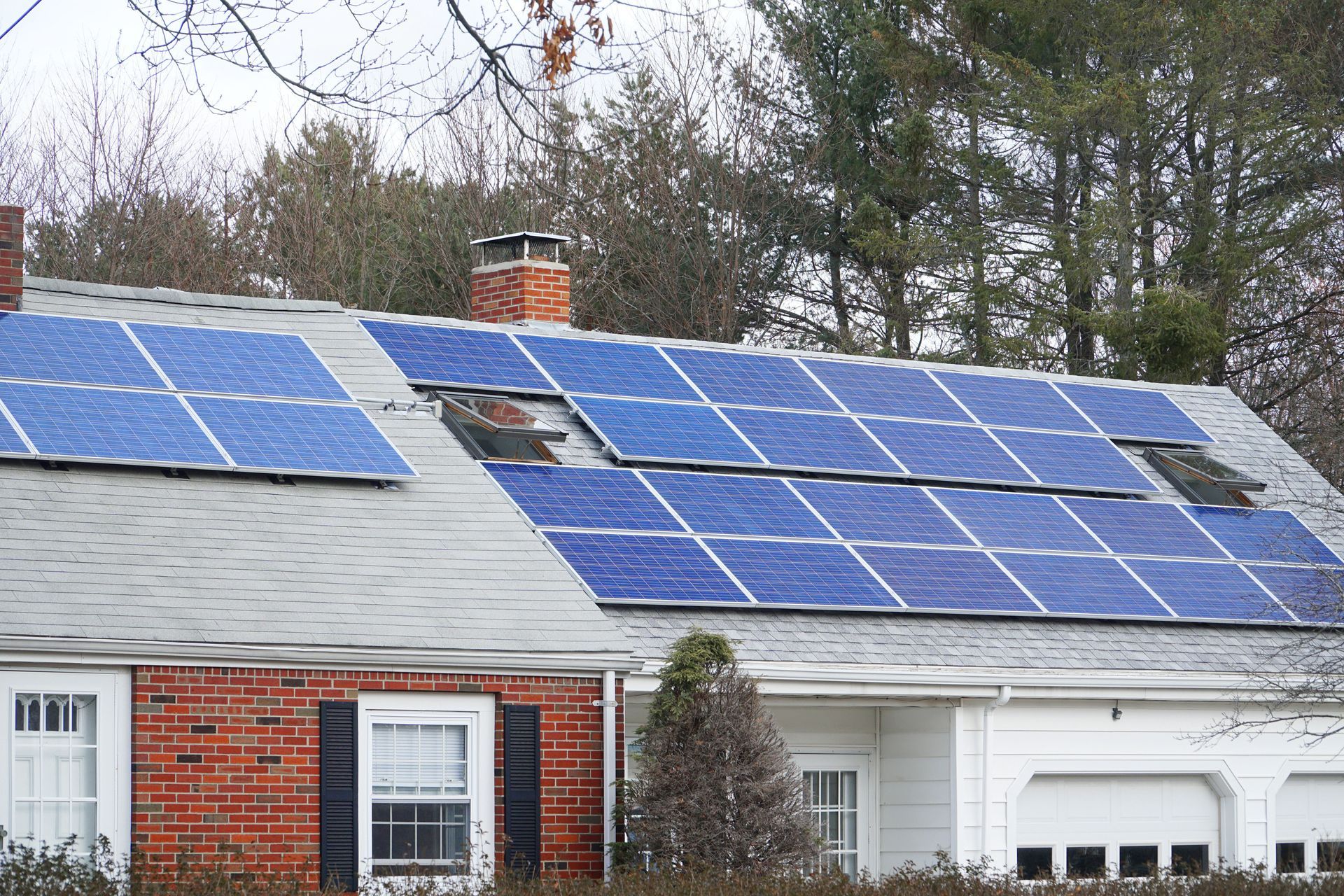
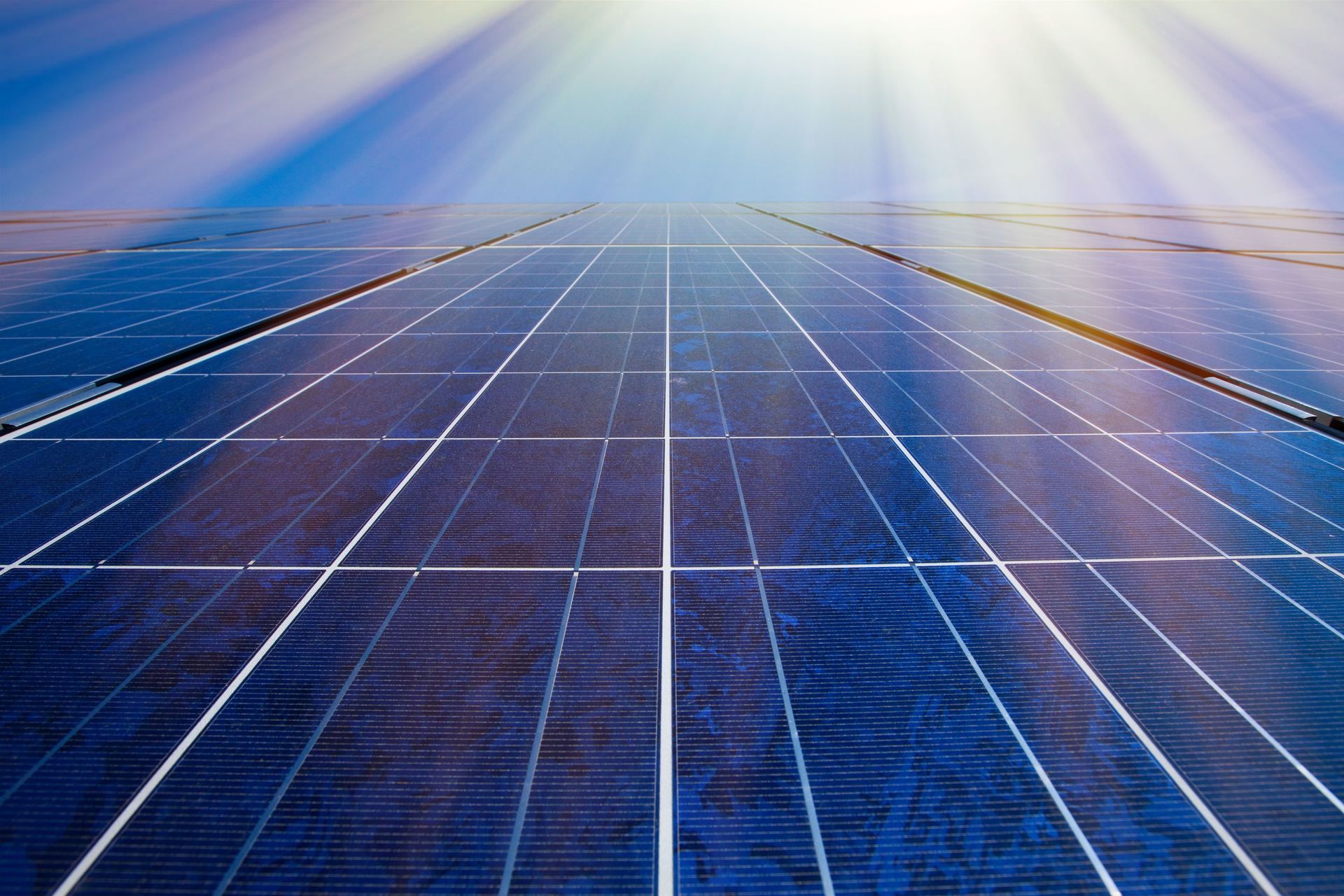

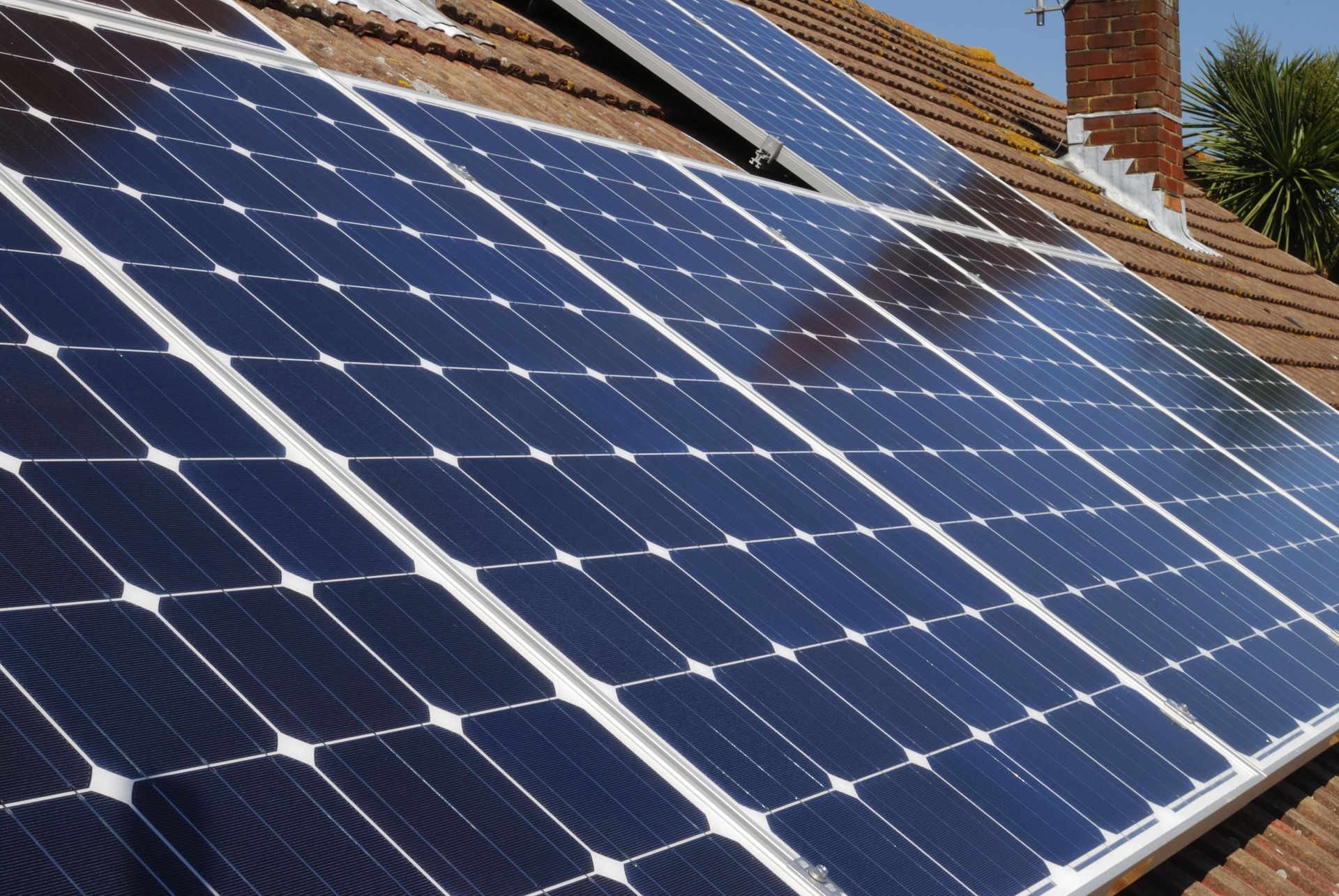
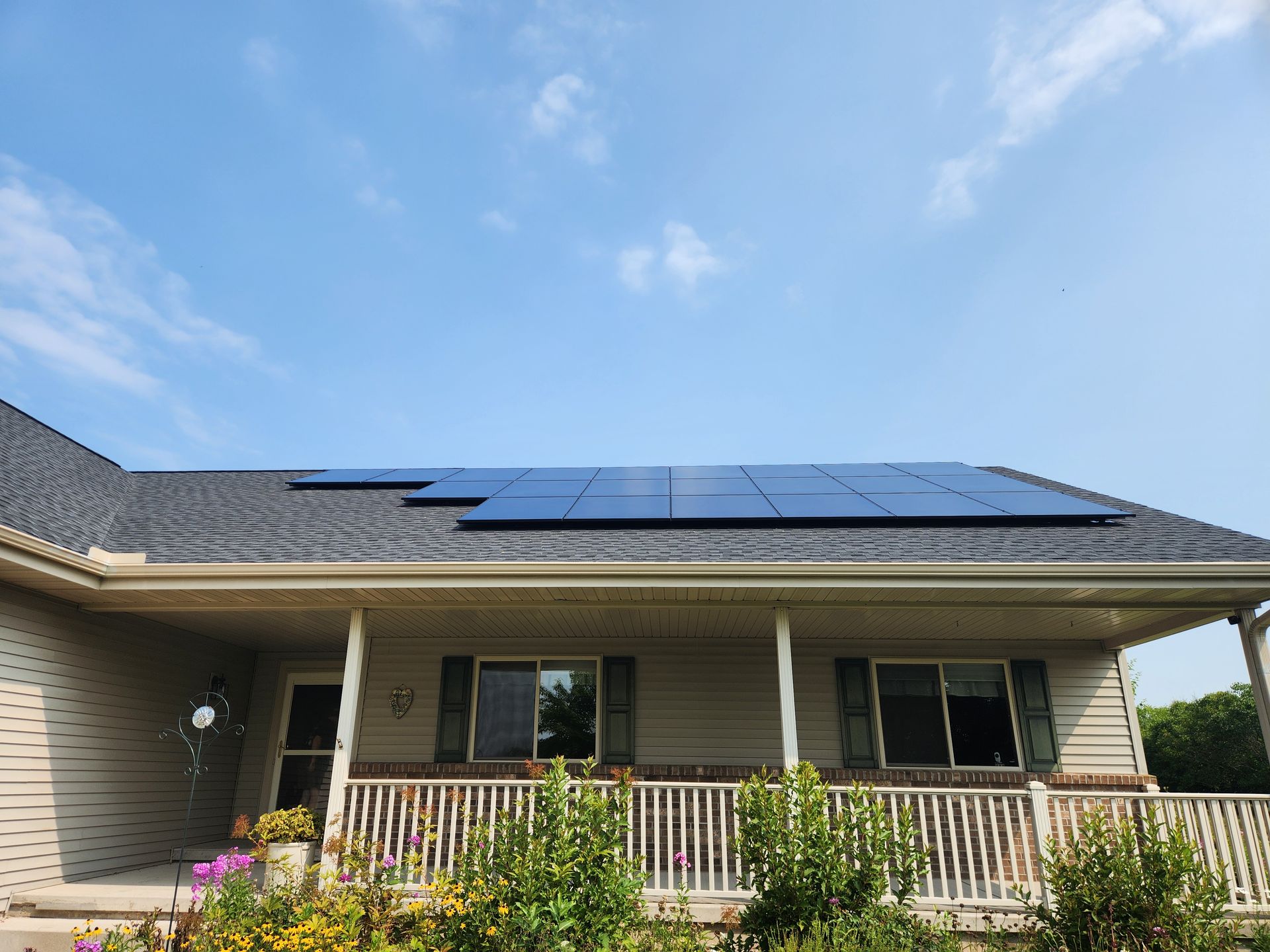





















Share On: